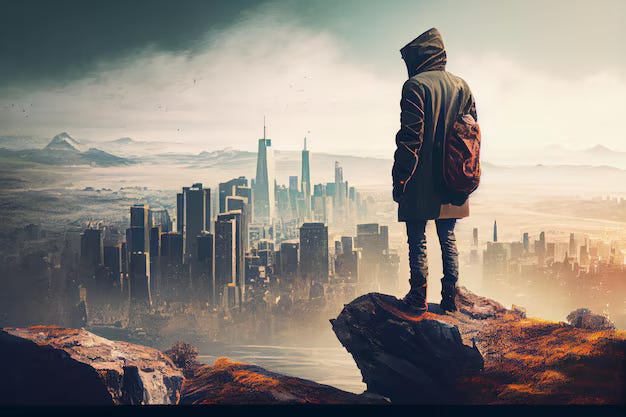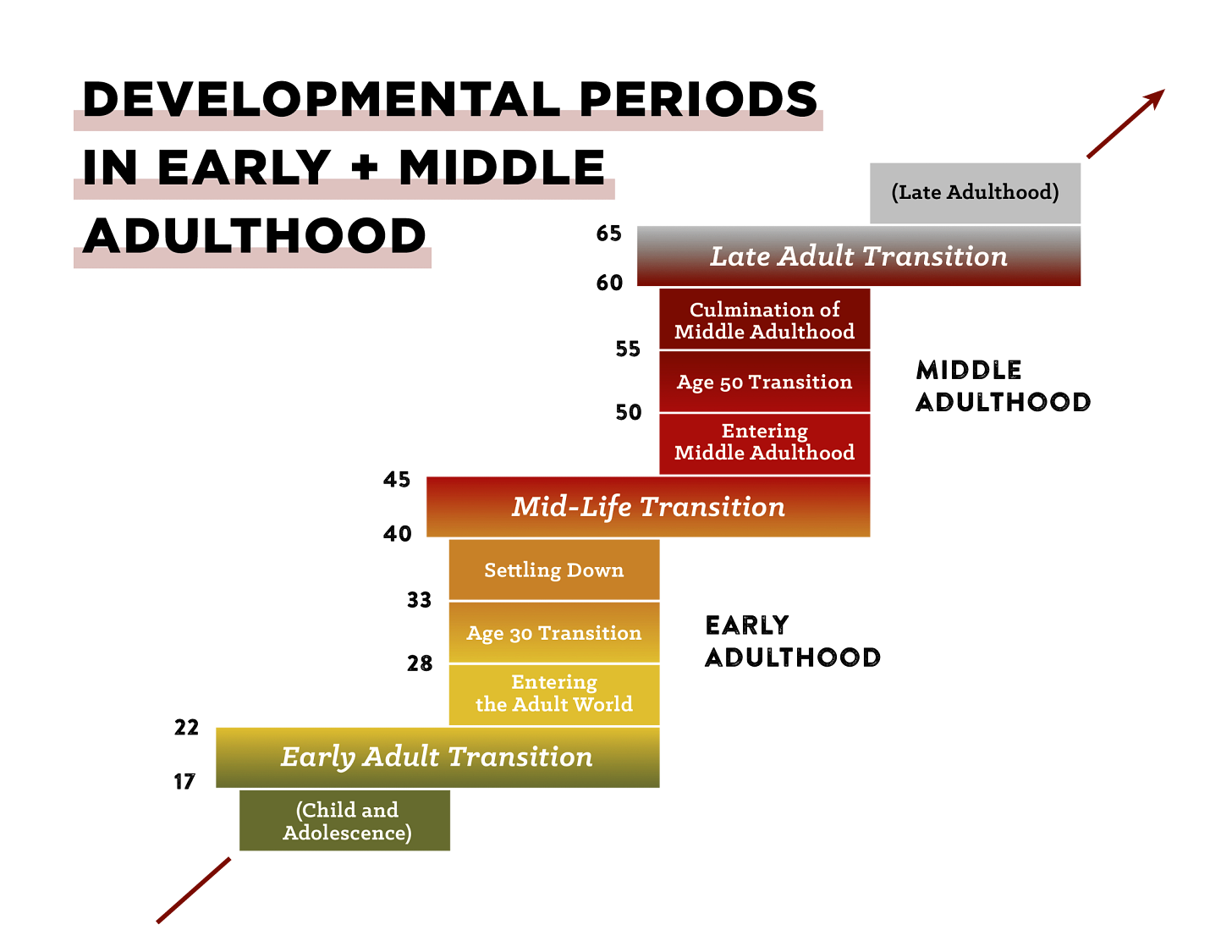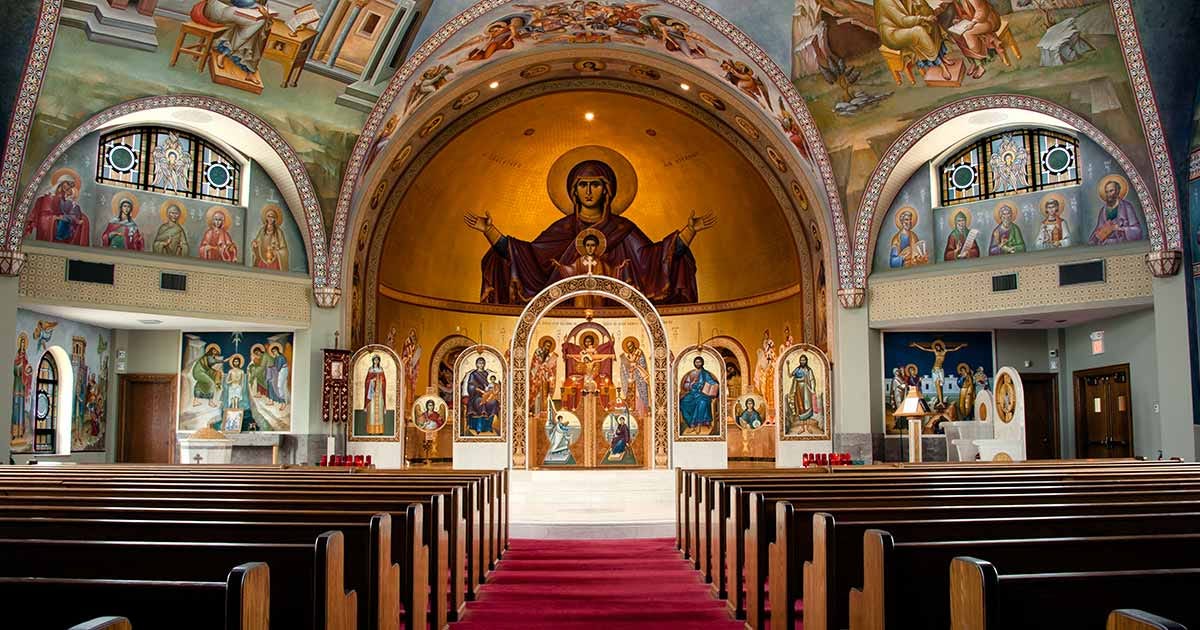My Journey: We Must Be Lost to Be Found
An overview of how I came to the positions I hold today, spiritually, personally and culturally
I’ve spoken before about how growing up in a ‘super-diverse’ city like Leicester I was surrounded by others who had a sense of character and intrigue, people with roots and meaning.
Indians had strong family networks and the exoticism of Hinduism / Sikhism, the Muslims had a powerful community identity and almost a rebellious edge, even the Jamaicans had a notable identity, despite their famous issues with fatherless families.
Little did I know then, but at the tender age of 16/17, I’d already been indoctrinated into a core facet of liberal ideology—the non-Western is rich, indigenous, characterful, while the Western is plain, non-descript, ‘white bread’.
This was more implicit growing up, something mutually understood on a subconscious level, yet, later on in life, during the hurricane of wokeness, it became more explicit.
Leftist outlets such as the Guardian started irreverently describing White culture as nothing more than “vegetables, alcohol and the arts”. CNN revelled in this new anti-Western hubris, stating there’s ‘no such thing’ as White culture, with such op-eds backed up by ‘academics’ spawned from the diseased institutions of the West, conquered by radical leftism as they are.

Outside of the burgeoning cultural zeitgeist, at this point in life, I’d had a hard road: close bereavements, messy breakups, a chronic lack of male elders, existential crises… Such things led me into the ethereal haze of London with its promises of money, booze and infinite relations with the opposite sex. All the temptations of the world.
Now, while there’s something to be said for the lessons one can learn in the world of work and the seduction of women (for example, core lessons on masculine and feminine energy that the liberal world will never tell you, which destroys millions of men, by the way) I soon came to find myself in an ocean of meaninglessness that all the work drinks, corporate events, Premier League football, p*rn and hookups couldn’t remedy.
For want of a better phrase, I was lost. I had hit a wall going 90mph and didn’t know what to do with myself. Regular readers/viewers will be aware that I’m a big believer in death and rebirth cycles, and it won’t surprise you to learn this is why.
The Boy to Man Transition
At this point, everything I thought I was, everything my life was oriented towards, collapsed. While it wasn’t pleasant, this all happened at an ideal age (thirty). According to the classic men’s transformational work, Seasons of a Man’s Life, this was my entrance to the ‘Age 30 Transition’, a time of jettisoning the old, boyish self and adopting the psychology and spirituality of the man.
Looking back, I was quite lucky to meet an eclectic range of people: new age spiritualists, boxers who were also Buddhists, ex-junkies who’d put their lives back together, trad Christian men recovering from the red pill and hook-up culture. Collectively, such people, groups and movements introduced me to a new way of being, something rooted in external discipline and internal awareness.
This led me to explore all manner of traditions that united the above dynamic. The Bushido warrior, the Shaolin monk, the Zen Master. Fulfilling and enlightening as this journey was, it led to the core question: Is there nothing in the West of this kind? Is it always to be, as it was in my youth, I have nothing to fall back on, no culture and no tradition?
It didn’t take long to dispel such notions. While a legitimate traditionalist criticism of the Western World could well be that we’ve lost ourselves in the magnetic pull of the intellect and its attendant materialism, it was clear the West, and the Western men who built it, belonged to something. This was immediately clear in the incredible appreciation for beauty we find in Western arts, along with the profound philosophical depth emanating from Europe.
I came to see that many of Europe’s most incredible creations—the cathedrals, cityscapes and villages—were built by men who knew they’d never see their completion. Such things weren’t constructed merely for self-centred aims, but more as service to community, tradition and God.
Such realisations stunned me out of my liberal slumber and showed me something was very rotten in the state of Denmark. How could I, as a European, a British one at that, think my ancestors had no culture? The answer to that is a piece for another time, and something I’ve explored on the main channel to some extent, yet I’m fully aware I’m not the only Westerner to have that realisation at some point.
At this point, I’m sure you can see the pieces coming together. I, like millions of Western men, grew up detached from my tradition—even thinking it evil, or worse, not even worthy of contemplation, not even real—then hit a wall in my personal life and found a new path of internal spiritual meaning and external discipline. What I then craved, and found, was the tradition to bring it all together.
Is the Church the Key or an Obstacle?
Naturally, the above led me to Christianity, the faith of my ancestors. It had what I’d been searching for—the mystic dimension, the practical guidance for men, a rigorous philosophical tradition, a tie to my country, people and culture, and the overarching, healing, challenging balm of God’s Love to tie it all together.
So, why not be a Christian then?
This is a question millions of men are asking themselves across the West, and the problem is that they go into their local church, heart and mind open, to find an ageing woman preaching about the supposed virtues of the BLM and LGBTQ movements. While church attendance is going up in the West, the real question is whether the Church can maintain that growth and provide the young men of the West what they truly desire: Challenge, tradition, boundaries and guidance, not more soft, corrosive, feminine liberalism.
It seems the Anglican Church is a lost cause, an institution almost completely corrupted by modernity; a jewel that’s been degraded, humiliated, and reinflated with liberalist dogma. This may explain why more and more young men are heading to the Catholic Church, and many to the Orthodox Church, too.
While it’s wonderful to see young men embracing their roots and a richer, earthier spirituality, there are still issues to be addressed. Firstly, can the Catholic Church ward off the demons of modernity? That’s a big question, and the battle is ongoing. Secondly, how practical is the Orthodox Church for Western Men outside of Eastern Europe? Many (myself included) have to travel a minimum of 90 minutes each way for a service which is often conducted in foreign languages. Not to mention, many Orthodox Churches can be highly aligned with a given nationalism, be it Russian, Greek, Serbian, and so on. This is a beautiful thing which, as a traditionalist, I welcome and celebrate. But it’s not easy to fit in when the congregation are from a town on the outskirts of Belgrade and you’re from the Midlands—let’s be honest, you’d be more familiar with the Adhan when hailing from Birmingham or Leicester.
While I do attend Orthodox services, read Orthodox works, and am something of a devotee of Father Spyridon Bailey—a sort of Orthodox mixture of Jordan Peterson and Eckhart Tolle, who has a highly devoted following of young Western men—I must say I’ve always felt an outsider to the tradition.
This leads me to the big issue of our age: Is there, or could there be, a Western Church that rids itself of liberalist modernity and realises, in the words of Hilaire Belloc, that “Europe is the Church and the Church is Europe”? That quote already drives the liberal universalist Church mad, and while I don’t claim God is unique or exclusive to Europeans, the tradition by which we worship Him is, and that’s the key point.
So, Where Now?
It seems to me we’re in a major transition phase. Spiritually speaking, the West is in the wilderness zone. It’s forgotten who it is and who its sons are. In its weak state, it’s being used, abused and scavenged by many a vulture. This, too, is why the men of the West are lost. With no guiding tradition, no structure, no connection to the transcendent, we blindly stumble toward dystopia, comatose in a carnival of mass media, ideology, and hedonism.
However, the awakening occurs at the depths, and it seems we’re on the path to a low point that could reignite the whole of the Western world. It’s at this time I expect new, evolved models of spiritual, traditional and political understanding to take centre stage. This would have a massive impact on the lives we lead and the countries we live in. It will be ‘a new Earth’.
This is why I believe it’s paramount not to get lost in the doom and gloom of the age, but instead to look within, to recalibrate, to awaken. To jettison the inner darkness and sickness and embrace a new way. This is why I’m hosting the 7-Steps now, a free call will be held on this soon.







